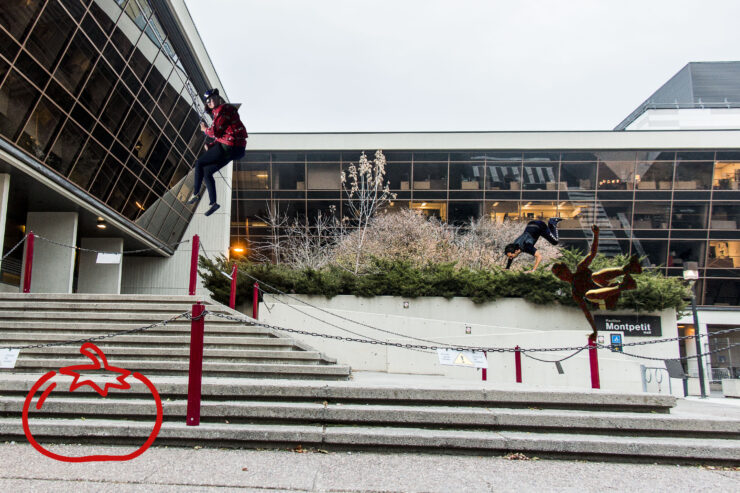Courses on proposed list offer valuable insights on society
If you haven’t been keeping up with Jordan Peterson, the University of Toronto psychology professor infamous for refusing to use gender neutral pronouns, I wouldn’t blame you. But his latest proposed project is worth discussing. In June, Peterson proposed creating a website that would allow prospective students to search classes and professors to see if they fell into what he views as corrupting radical social justice classes.
Most feminism and gender studies classes, as well as other social sciences classes, would probably land on Peterson’s list. After significant backlash to this idea, Peterson has announced that he is scrapping the project. While this is good news, the seed has been planted among his supporters that this is something our university system needs—a list of teachers and classes that “indoctrinate” students, a list that certain students may want to avoid simply because of the ideas that are presented in these courses or by these professors.
Ironically enough, such a list contradicts much of what Peterson is advocating for in terms of freedom of speech on campus. Shouldn’t students take the classes they want to and then see how the information presented impacts them? Part of university is engaging critically with course content, and you can’t do that if you avoid taking classes with ideas you don’t agree with.
The idea that there are a series of classes that are indoctrinating students and churning out a cohort of dedicated activists is laughable. This is an idea not just advocated by Peterson but by many other conservative columnists as well. Students are smart enough to analyze information that’s presented, and not just blindly agree because it was taught in class.
The types of classes that Peterson wants to see removed are important to offer to students. University professors and classes provide a way of viewing and understanding the world through a certain perspective. Gender studies classes are not trying to “indoctrinate” students, but rather provide a way of understanding a traditionally male-centric and dominated lens through a gender equitable perspective.
Different perspectives aren’t things to be afraid of, and if they frighten you that much than perhaps your view of the world is too fragile, or has no concrete data to support it. Diverse beliefs allow us to reevaluate our worldview, and ask important questions that help us to gather support for, or to change our worldview.
Creating a list of classes containing ideas that Peterson disagrees with is anathema to the type of learning environment that campuses aim to create. Even if the idea were effective, the classes that he would have added to his list are valuable, and provide the necessary skills to create a more balanced society.





